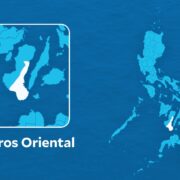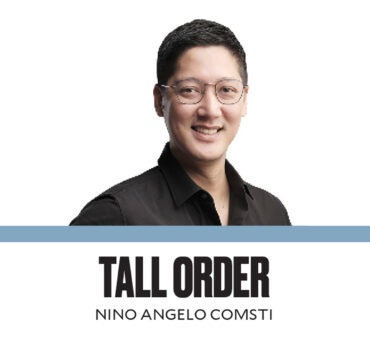How a Davao hotel leads in sustainable hospitality
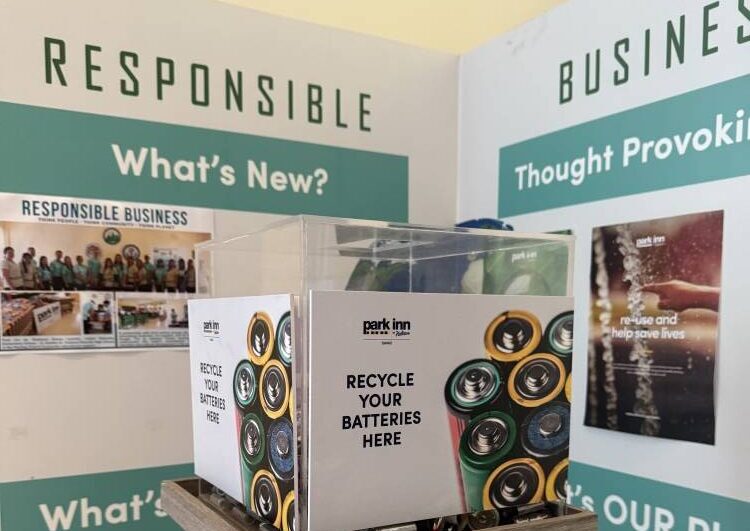
Hotels face significant pressure to reduce energy consumption. Experts call for a two-thirds reduction by 2030 and a 90 percent decrease by 2050 to mitigate environmental impact. While many hotels implement minor eco-friendly measures such as refillable toiletries, reducing single-use plastics, substituting bottled water with water carafes and glasses in the rooms, and towel reuse programs, substantial change is needed.
Park Inn by Radisson Davao is actively addressing this challenge. The hotel focuses on reducing food waste, recycling linens, and optimizing resource usage.
A key initiative involves a partnership with Davao Thermo Biotech Corp., a waste management specialist. This waste treatment facility converts the hotel’s food waste into biofertilizers. These natural substances enrich soil and support plant growth, providing an environmentally sound alternative to potentially harmful synthetic fertilizers.
Likewise, Park Inn by Radisson Davao participates in Tela Tales, a linen recycling program promoting environmental stewardship and a circular economy. This initiative, “Transforming lives, one textile at a time,” is a partnership with communities near SM hotels. It provides skills training that enables women to earn income.
The hotel partners with Repamana, a social enterprise of De La Salle-College of Saint Benilde alumni. Repamana recycles hotel linens, typically discarded after two years, preventing landfill waste. They teach women’s groups such as Talentadong Eco-Warriors na Kababaihan in Barangay Talomo how to sew and upcycle linens into bags and beach hats for a June launch.
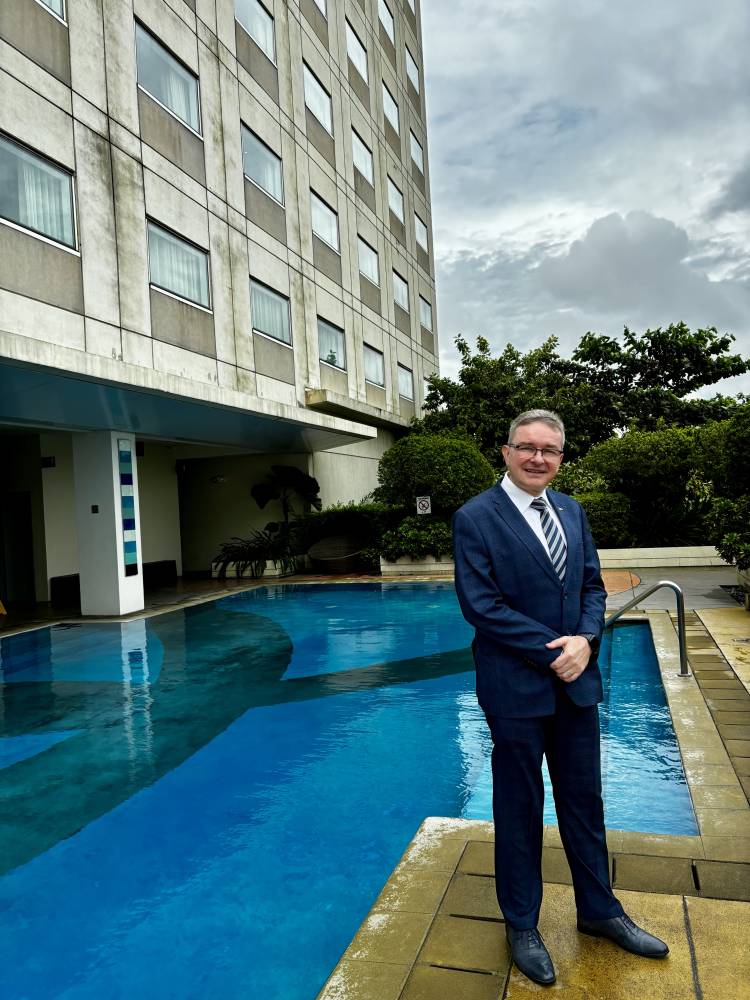
Recycle to reuse
Leah Magallanes is the vice president for Quality and Sustainability at SM Hotels and Conventions Corporation (SMHCC) who leads the company’s strong environmental record. Notably, over 7,100 kg of plastic waste from its hotels has been diverted from the environment since 2022.
Participating hotels demonstrate resourcefulness by recycling over 253 kg of used soap into new products, minimizing waste. Furthermore, 198,640 kg of food waste has been diverted through the innovative bokashi composting technique, contributing to sustainable agriculture. The company has reprocessed over 10,000 kg of paper and 2,000 kg of plastic into products such as Papel ni Juan, copy sheets recycled from discarded paper, and Poly Al Eco Boards, a brand of alternatives to wood and cement panels, made from recycled plastic, beverage cartons, and waste.
SMHCC isn’t just talking about going green—it’s doing it. The company’s “Zero Greenwashing” initiative sets it apart from other businesses making environmental claims for marketing purposes. SMHCC prioritizes measurable results, open communication, and close collaboration with local communities, ensuring its commitment to sustainability translates into tangible change.
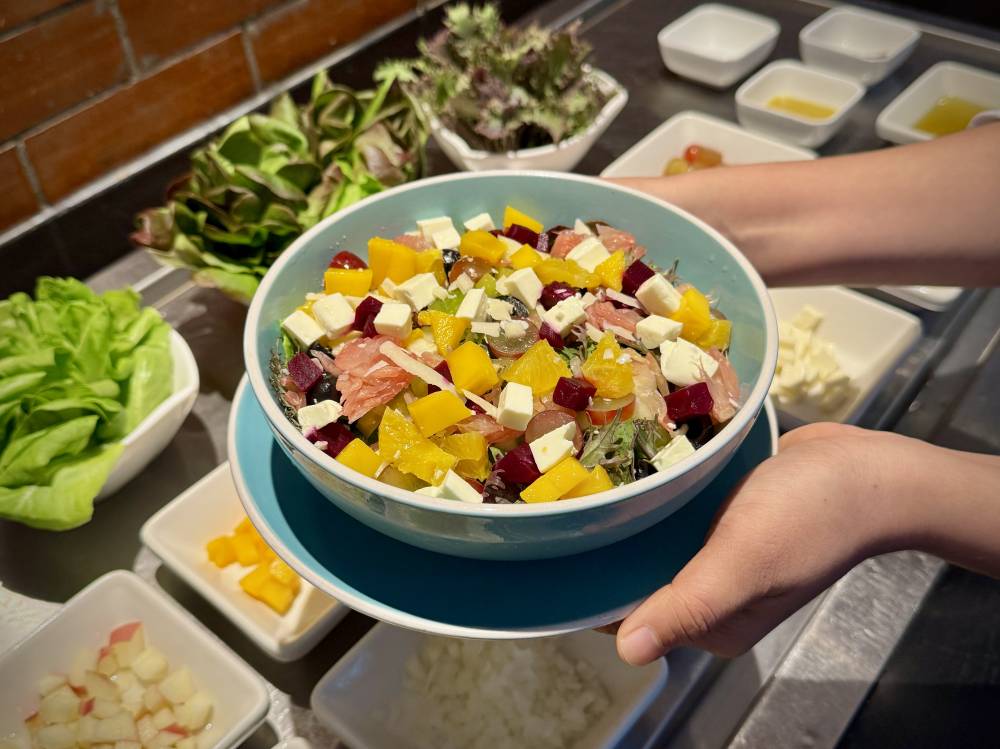
Going local
Local ingredients from reputable partners is one of Park Inn by Radisson Davao’s priorities. The breakfast reflects this commitment, featuring the sikwate (native hot chocolate) and pralines made with cocoa from Olive Puentespina’s Malagos Farms. It is dedicated to ethical and eco-friendly farming and production, adhering to high-quality standards. The farm also supplies the popular kesong puti (white cheese) for the cheese station
Additionally, the salad incorporates fresh greens from Hijo Fresh, a local farm that minimizes its carbon footprint through modern, eco-friendly practices such as greenhouse farming, hydroponics or cultivation without soil, and digitalization for precision plant care.
While Davao is celebrated for its durian, the buffet thoughtfully showcases the region’s equally iconic pomelo. This offers a refreshing and perhaps more widely appealing alternative, while authentically capturing the essence of Davao’s culinary identity
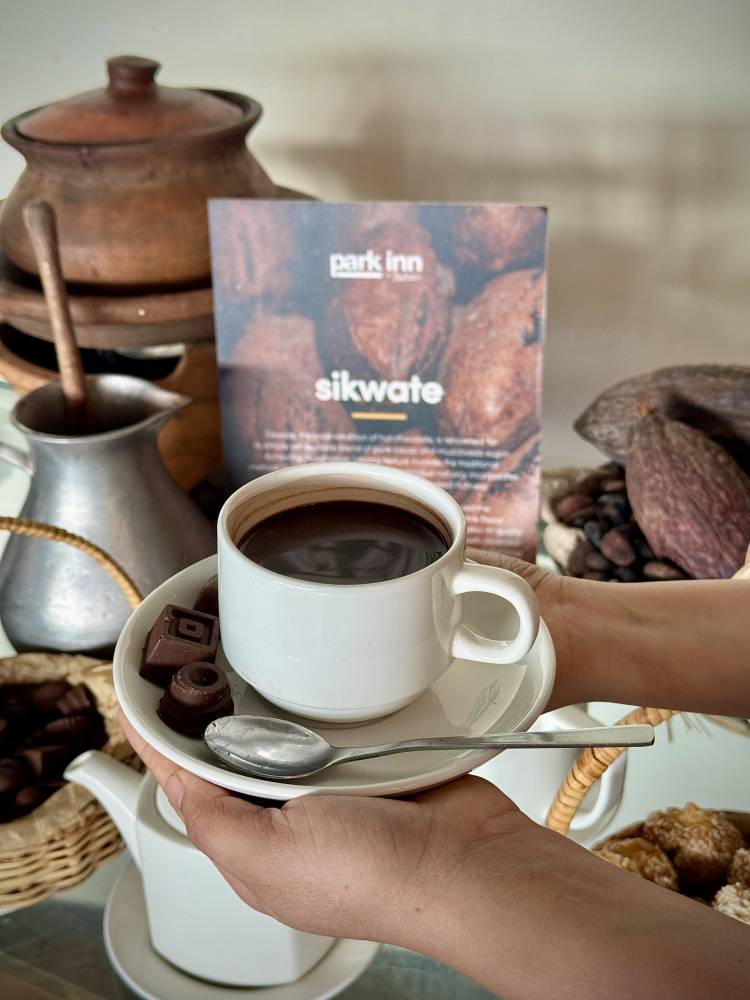
Supporting local food sources offers several sustainability advantages. By minimizing transportation distances, it reduces food spoilage and associated waste. This localized approach also lessens the environmental impact of food production, as it significantly reduces fuel consumption and greenhouse gas emissions linked to long-distance transport. Furthermore, supporting local farmers strengthens the local economy and encourages more sustainable farming practices.
The buffet has been thoughtfully arranged to be more inclusive of the Muslim population in Mindanao. “The pork section is kept separate from the general food area,” explains Toune. “When groups from Cotabato visit, we adapt to their dietary needs based on their religious beliefs. While we are not yet halal-certified, we offer a diverse range of options suitable for Filipino palates.”
Park Inn by Radisson Davao, which opened 12 years ago, is the first property of its kind in Southeast Asia. Conveniently located near the SMX Convention Center and SM Premier Lanang, it primarily attracts domestic and business travelers. While the hotel is located half an hour from attractions such as Azuela Cove, a “waterside urban retreat,” guests can lessen the carbon footprint by choosing to walk or use public transportation going there.











